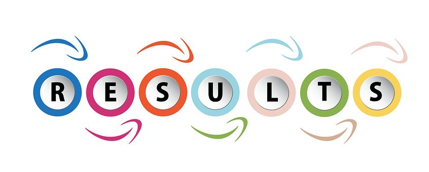




As a recognized profession, social work professional organisations in different parts of the world outline standards of proficiency for regulating safe, effective and ethical practices. Apart from the code of ethics, the standards of proficiency are usually the threshold standards on the expected competency following the completion of the social work degree. Thus, most of the time, the regulators often accredit the education programs or curricula and offer licensures to those who completed the accredited programs.
Overseas experiences, such as those from the United Kingdom, the United States, Australia and Singapore, offer us good references for the development of social work profession in Hong Kong. The professional development in these places is usually initiated and managed by professional associations, which are independent of the licensing department and tertiary educational institutes. At the same time, the general professional standard is complemented with guidelines of specialised field due to the growing complexity of the profession.

Hong Kong society has become more complex and challenging, social workers have to enhance their competency for specific social problems. There is a lack of a systematic and structure to nurture social workers’ professional competency leading to service specialisation and best practice in their respective fields of practice.

Competence and Competency are often used interchangeably in social work literature. As suggested by Teodorescu (2006), competence equates with “worthy performance that leads directly to the most efficient accomplishment of organisational goals” whereas competency defines as the knowledge, skills, attributes and behaviors that people should have with successful performance. 1. As we focus on the individual social worker, the word “Competency” is used. The Social Work PCF in Canada, New Zealand, and Singapore also use the phrase “Professional Competency Framework”.
Social Work Professional Competency Framework (PCF) is defined as the collection of knowledge, skills, attitudes, behaviors, personal qualities and motivation of the individuals in the social work profession who have a successful performance. Adopting a holistic view, instead of a checklist, PCF offers aspirations for social work for professional development. The PCF is applicable to individuals in different stages of their career paths.
The General Social Work PCF applies to all fields of practice while Specific Social Work PCFs outline particular attributes for social workers in specialised areas of practice.
1 Teodorescu, T. (2006). Competence versus competency: What is the difference? Performance Improvement, 45(10), 27-30. Doi: 10.1002/pfi.030


|
Prinicipal Investigator: |
|
|
Prof. Amy Chow |
The University of Hong Kong |
|
Co-Investigators: |
|
|
Dr. Siu Ming CHAN |
City University of Hong Kong |
|
Prof. Eric CHUI |
The Hong Kong Polytechnic University |
|
Prof. Shirley HUNG |
Hong Kong Baptist University |
|
Prof. Ching Man LAM |
Saint Francis University |
|
Dr. Jessica LI |
The Hong Kong Polytechnic University |
|
Dr. Eve WONG |
Queen Elizabeth Hospital/ Outstanding Social Worker |


Social work profession is situated in a larger social, cultural and political context. While there are shared components with the international PCFs, there are localised components. When the Hong Kong PCF is developed, we referred to the available PCFs around the world and collect views from local representatives of practitioners, managers, ex-service users, teachers and researchers from consensus workshops and Delphi studies. These local PCFs are integrated framework.
The PCFs will be updated every 3 years.